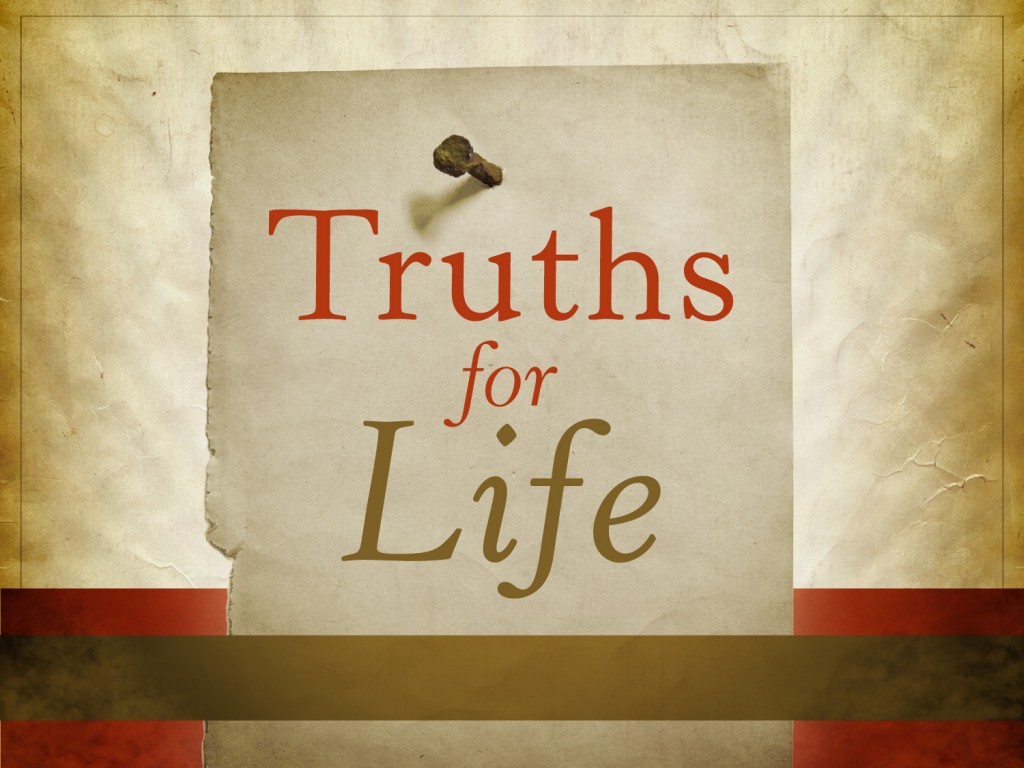The longer I walk with God the more I realize how much I still have to learn. The longer I study the Scriptures, the more I realize how much of God I still don’t understand. Why should that surprise us?
In Romans 11, the Apostle Paul, under the inspiration of the Spirit, wrote…
“Oh, the depth of the riches and wisdom and knowledge of God! How unsearchable are his judgments and how inscrutable his ways! ‘For who has known the mind of the Lord, or who has been his counselor?’ ‘Or who has given a gift to him that he might be repaid?’ For from him and through him and to him are all things. To him be glory forever. Amen.” (Romans 11:33-36 ESV)
David Needham, former Distinguished Professor of Theology at Multnomah University (formerly Multnomah School of the Bible), wrote the following about what the Apostle Paul might have felt after penning the above words…
Dropping his pen and throwing up his hands, Paul says in effect, “Oh! What a God! Who can second-guess Him? Who can begin to grasp the vastness of His truth? Who can predict what He will do? Who can trace out His logic? Who can say “Now I’ve got Him all figured out”?
This God we worship is a most mysterious God. Incomprehensible. He refuses to be impressed with our neat theological boxes, as though we could write down a list of statements about God, draw a circle around them, and say we have it all…as though His being and His ways could be bound by the limits of our intelligence.
Not only is God higher than all our wisdom, Paul writes to the Corinthians, but even “the foolishness of God is wiser than man’s wisdom” (1 Corinthians 1:25). In other words, if God were capable of a stupid thought – if He were – that thought would be wiser than the wisest thought man has ever conceived.
So many of us struggle with pride at this very point. Somehow we feel we deserve to know and comprehend to the same degree God knows and comprehends. As though he owes us an explanation for His actions! Yet for all eternity, you and I will bow before God who will always be greater than our greatest thought. His love, His patience, His holiness, His power, His purposes, His wisdom will forever leave us in a state of astonished wonder.
Does this mean that what we say or teach about God is wrong? Not necessarily. Yet it does mean that our grasp of what we say or teach scarcely begins to encircle the greatness of his being. We stand only at the merest edge of comprehension.
And then Needham goes on to talk about God’s plan of salvation to save sinners from His wrath (i.e. “…we were by nature children of wrath, like the rest of mankind.” – Ephesians 2:3)…
“The ultimate expression of God’s hatred of sin is found in what He did to His beloved Son. Is it possible for us to even begin to comprehend that huge mass of burning indignation against sin that hung over our Lord Jesus as they nailed Him to the cross?
What human being would have dreamed what God in His highest wisdom had in mind to do? That His plan was to pour out all of His vented wrath upon the Son of His love instead of upon us? That He had chosen a plan in which They – both the Father and the Son – would suffer most? Such thoughts are indeed as high above yours and mine as heaven is above the earth (Isaiah 55:7-9)!”
(David Needham – Close To His Majesty)
I have found that it’s only in humbling ourselves under God’s “unsearchable judgments” and “inscrutable ways” that true gratitude and thanksgiving can blossom. As long as I feel as though “God owes me an explanation,” I will always miss experiencing the joy that comes from genuine gratitude for all that God is and all that God has done – whether I fully understand it or not.
“Now to the King eternal, immortal, invisible, the only God, be honor and glory forever and ever. Amen.”
(1 Timothy 1:17 NASB)
Selah.






